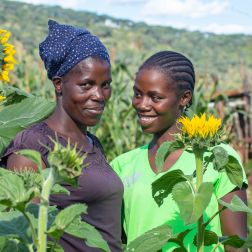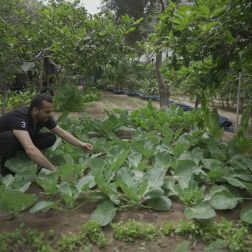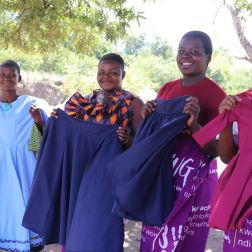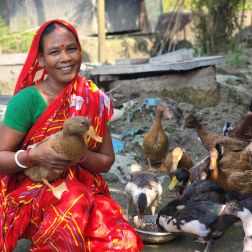- 4 mins read time
- Published: 15th August 2022
Your Kindness Helps Survivors Overcome Trauma: Thank You For Enabling Recovery in Cox’s Bazar
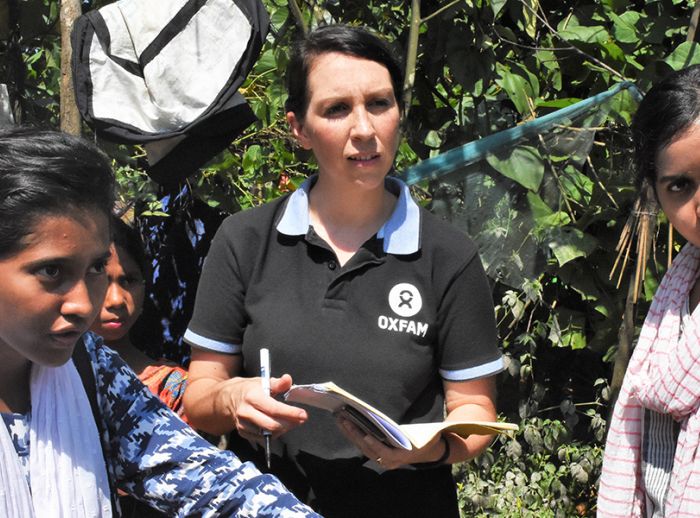
August 2017 saw over one million Rohingya people flee Myanmar for the relative safety of Bangladesh, during one of the largest exoduses the world has ever seen. Ethnic people were killed. Unspeakable abuses took place. Families were torn apart. Yet, the Rohingya people found strength to carry on. Oxfam’s supporters were there from the start, immediately asked what they could do to help.
Initial projects involved a massive scaling up of infrastructure to accommodate such large crowds. Providing sufficient clean drinking water and hygienic living conditions became a challenge, but one you willingly overcame.
There have been many more helpful endeavours and successes along the way. One year after the initial camp set-up, a survey was taken by Oxfam and our partners to assess if all needs were being met.
The most prominent issues noted were that:
- ⅓ of women did not feel safe or comfortable going to collect water or using toilets and shower cubicles – many of which lack a roof and a lockable door.
- ½ of women and ¾ of adolescent girls surveyed said they didn’t have what they needed to manage their periods, including a female-only place to wash sanitary cloths without embarrassment.
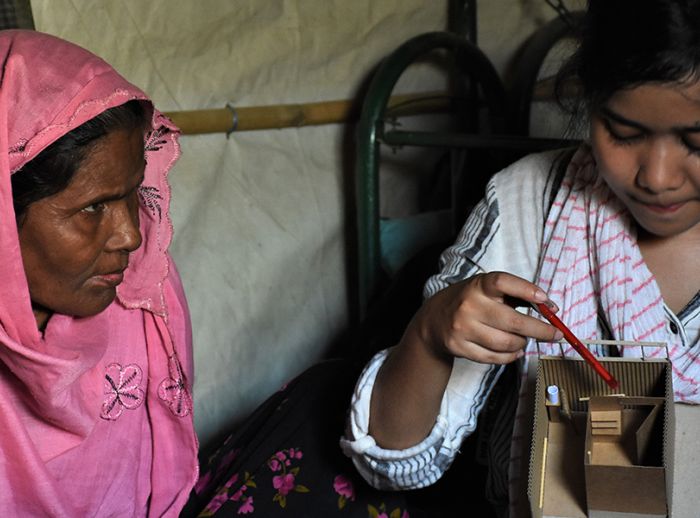
In order to help tackle these issues, Oxfam worked with Bangladeshi architect Nuha Anoor Pabony, 24, from Dhaka. Nuha engaged Rohingya women and girls in design workshops, to incorporate their feedback directly. Her final plans included the use of screens to increase privacy, storage areas for menstruation products and the construction of additional single sex toilet facilities.
Getting feedback on the designs, Nuha said: “I was nervous when we went to show the community the design. When I showed the women the model, the oldest lady in the room took it in her hand and took a close look for a few seconds. Then she looked at me and nodded her head positively and with a big smile. That’s when I got my answer that I might have done something right! That moment will stay with me for a long time.”
Now five years on, the work isn’t over. People have been displaced and lacked certainty for so long. There is no end in sight, and times are tense. There is a huge need for emotional support. Most notably for women and adolescent girls.
Alongside more female-centric camp facilities. Two specialised women’s centre have been created by Razia Sultana, an international human-rights activist, lawyer, teacher, and researcher. But your generosity is what supports one of these essential centres.
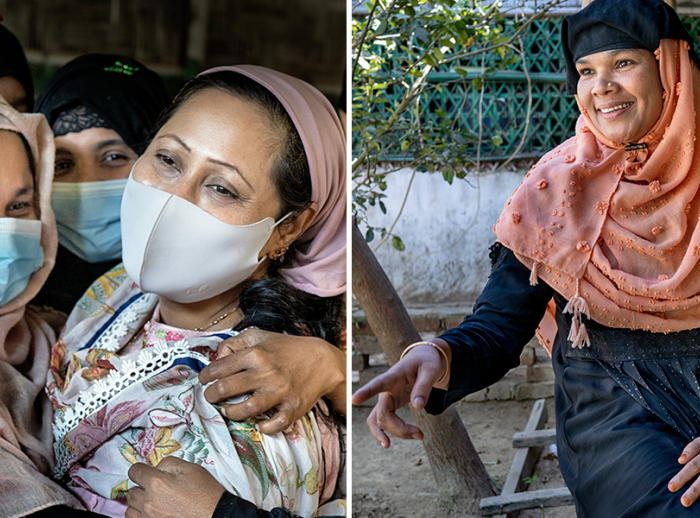
At the centres, women like Sofika can learn to read and write and make items like clothing and fishing nets to sell. They also engage in trauma-recovery activities, get medical care and learn about their rights. Perhaps most importantly, these centres give women a chance to break out of the relative isolation of their homes and make friends.
This gift of friendship is so precious for these women who have endured so much – and it is these friendships that help them cope with the struggle of daily life. Five years after her trauma, and one year after joining programmes at the centre and forming friendships - Sofika has recovered from anxiety and depression. She has managed to heal, to create friendships and to find joy at the world’s largest refugee camp.
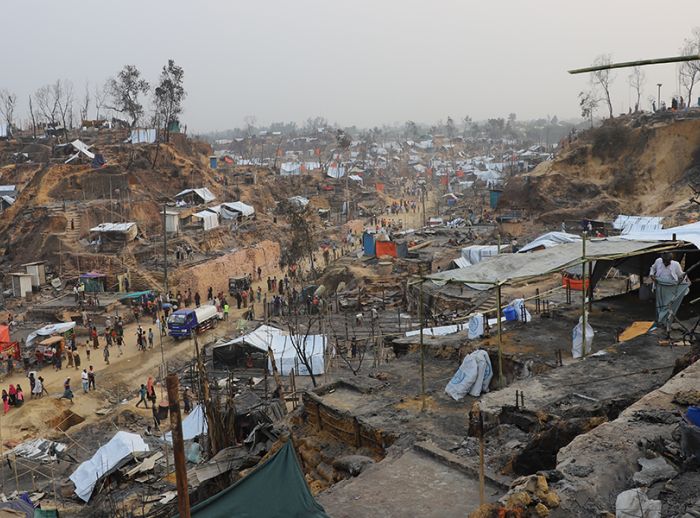
There have been many troubles along the way in the camp – from monsoon rains causing flooding and mudslides, to the deadly fires that swept through four of the camps in 2021.
But again, our supporters have always been there to provide emergency supplies, to support essential projects and after all that, to ask what more can be done. Your steadfast commitment to provide aid during crises is inspirational.
